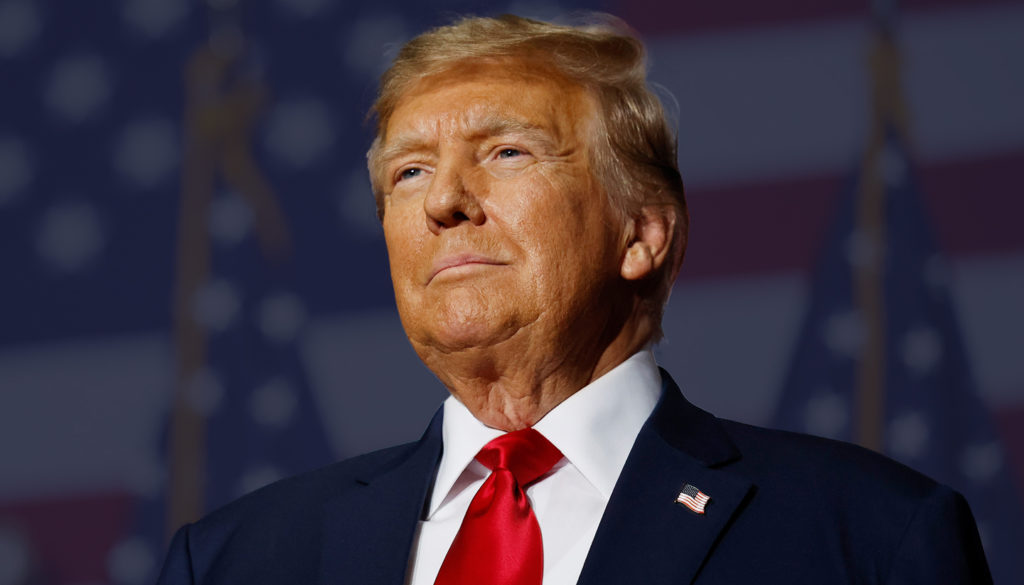Economic Policies and Their Impact on Venture Capital
The economic policies associated with Donald Trump’s presidency, often referred to as “Trump 47,” have left a significant mark on the landscape of venture investments. Understanding the implications of these policies requires a closer examination of the broader economic environment they created and how they influenced investor behavior and startup dynamics. One of the most notable aspects of Trump’s economic approach was his emphasis on deregulation. By reducing the regulatory burden on businesses, the administration aimed to foster an environment conducive to growth and innovation. This deregulation was particularly beneficial for sectors such as technology and energy, where startups often face significant hurdles in navigating complex compliance requirements. As a result, venture capitalists became more inclined to invest in these sectors, perceiving a lower risk and a more favorable climate for potential returns.
Moreover, Trump’s tax policies, including the Tax Cuts and Jobs Act of 2017, played a crucial role in shaping venture investments. By lowering the corporate tax rate, the administration aimed to stimulate economic activity and encourage businesses to reinvest their profits. This tax reduction not only provided existing companies with more capital to expand but also attracted new investments into the market. Venture capitalists, recognizing the potential for higher returns in a more favorable tax environment, were more willing to fund startups, particularly those with innovative solutions that could capitalize on the economic momentum.
In addition to deregulation and tax cuts, Trump’s trade policies also had a profound impact on venture investments. The administration’s approach to trade, characterized by tariffs and a focus on reshoring manufacturing, created both challenges and opportunities for startups. While some sectors faced increased costs due to tariffs on imported goods, others, particularly those focused on domestic production and innovation, found new avenues for growth. Venture capitalists began to pay closer attention to companies that could adapt to these changing trade dynamics, leading to a shift in investment strategies that favored resilience and adaptability.
Furthermore, the emphasis on American innovation and competitiveness under Trump’s administration resonated with venture capitalists looking to invest in cutting-edge technologies. Initiatives aimed at bolstering sectors such as artificial intelligence, biotechnology, and renewable energy attracted significant attention from investors. The administration’s focus on fostering a competitive edge in these areas encouraged venture capitalists to seek out startups that aligned with these national priorities, thereby driving investment into companies that promised to lead the next wave of technological advancement.
However, it is essential to recognize that the impact of Trump’s economic policies on venture investments was not uniformly positive. The political climate during his presidency, marked by polarization and uncertainty, created a challenging environment for some investors. Concerns over potential policy reversals and the unpredictability of trade relations led some venture capitalists to adopt a more cautious approach, weighing the risks associated with their investments more heavily than before. This cautious sentiment, while not universal, highlighted the complex interplay between political dynamics and investment strategies.
In conclusion, the economic policies associated with Trump 47 have had a multifaceted impact on venture investments. By fostering a climate of deregulation, implementing tax cuts, and emphasizing American innovation, the administration created opportunities for growth in various sectors. However, the accompanying political uncertainties also prompted a more cautious approach among some investors. As the landscape continues to evolve, understanding these dynamics will be crucial for navigating the future of venture capital in an ever-changing economic environment.
